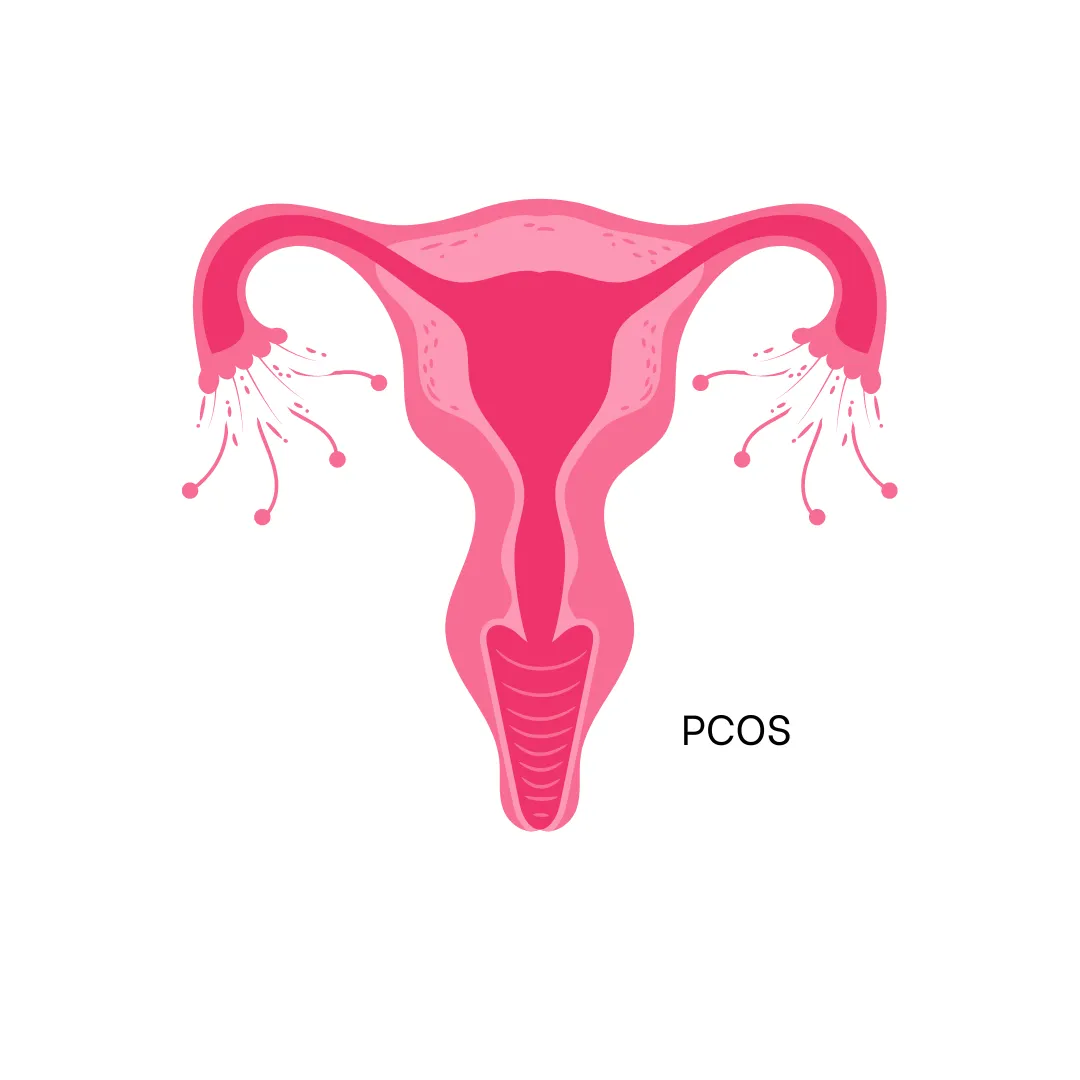
Blog


Understanding the Exercise Guidelines for PCOS

Understanding the Recent Exercise and PCOS Guidelines
Polycystic Ovary Syndrome (PCOS) is a common hormonal disorder affecting women of reproductive age, characterized by a range of symptoms, including irregular menstrual cycles, weight gain, and insulin resistance. While lifestyle changes can significantly improve symptoms, recent guidelines emphasize the critical role of exercise in managing PCOS effectively.
Key Insights from the Recent Guidelines
A recent article published in the Journal of Science and Medicine in Sport outlines updated exercise guidelines for women with PCOS. Here’s a summary of the key recommendations that can help manage this condition:
Incorporate Aerobic Exercise: The guidelines recommend engaging in at least 150 minutes of moderate-intensity aerobic exercise per week. Activities such as brisk walking, cycling, and swimming can enhance cardiovascular health and assist in weight management.
Strength Training is Essential: In addition to aerobic exercise, resistance training is crucial. Aim for at least two sessions per week. Strength training helps build muscle mass, which can improve insulin sensitivity and aid in weight control. Exercises such as weightlifting or bodyweight exercises are beneficial.
Focus on Flexibility and Balance: Including flexibility and balance exercises, such as yoga or Pilates, can improve overall well-being and reduce stress, which is particularly important for women with PCOS who may experience higher stress levels.
Encourage Consistency Over Intensity: It’s essential to find a sustainable routine. The guidelines stress that consistency is more important than the intensity of workouts. Start with manageable goals and gradually increase the duration and frequency of exercise to prevent burnout and injury.
Consider Individual Needs: Every individual’s journey with PCOS is unique. It's crucial to tailor exercise programs based on personal preferences, fitness levels, and specific symptoms. Consulting with a healthcare provider or an exercise physiologist can provide personalized recommendations.
The Importance of Support and Education
As women with PCOS navigate their health journeys, the guidelines highlight the need for support and education. Empowering women with knowledge about their condition and effective management strategies can lead to better health outcomes. This can include group classes, online programs, or one-on-one coaching sessions that focus on exercise and nutrition.
At Optimum Metabolic Health, we understand the challenges that come with PCOS. Our approach focuses on providing education and support tailored to your needs, helping you take control of your health through sustainable lifestyle changes.
Conclusion
Adopting an active lifestyle is a cornerstone in managing PCOS. By incorporating aerobic exercise, strength training, and flexibility routines into your weekly schedule, you can make significant strides toward reversing insulin resistance and improving overall health. Remember, it's about making gradual changes that fit into your busy life.
If you’re looking for guidance on how to implement these exercise guidelines effectively, consider joining our programs at Optimum Metabolic Health. Together, we can work towards achieving your health goals and enhancing your quality of life.
References:
Baker, J., & Foster, C. (2024). Exercise and PCOS: A Review of Recent Guidelines. Journal of Science and Medicine in Sport. Retrieved from ScienceDirect



Facebook
Instagram
LinkedIn